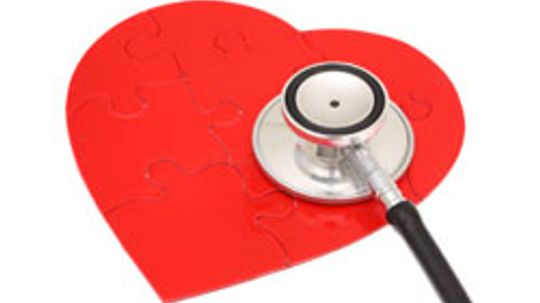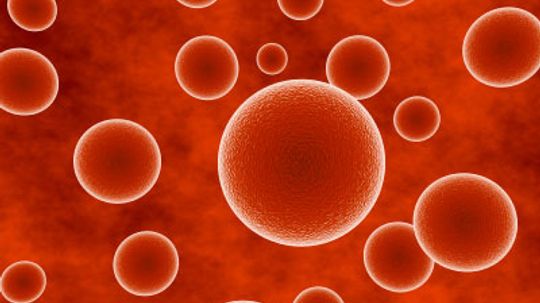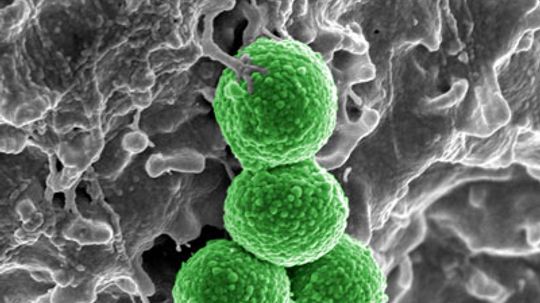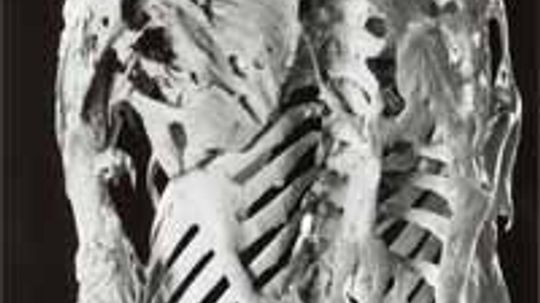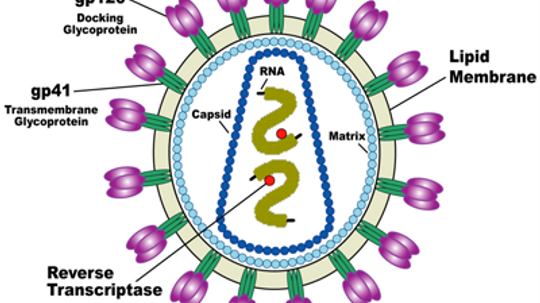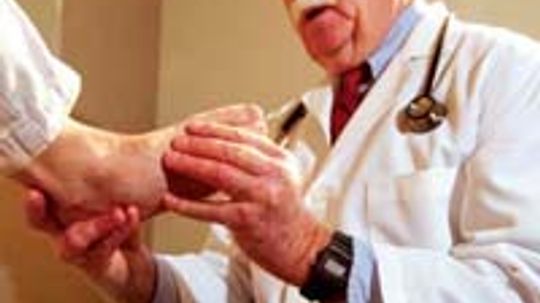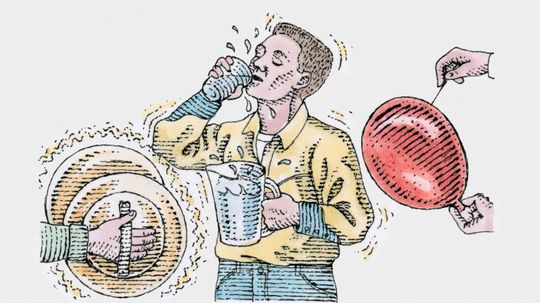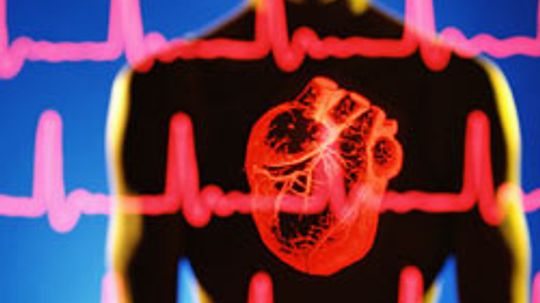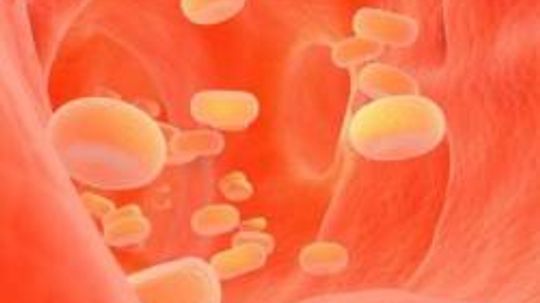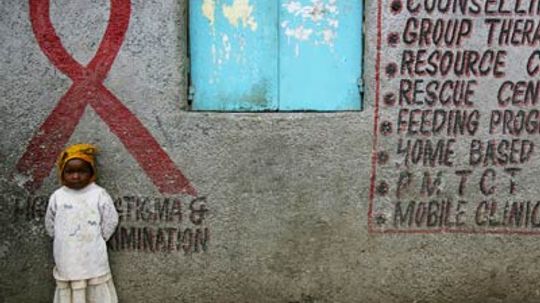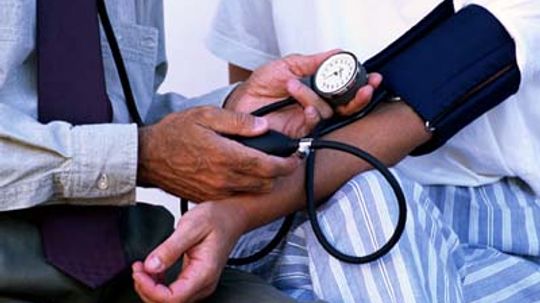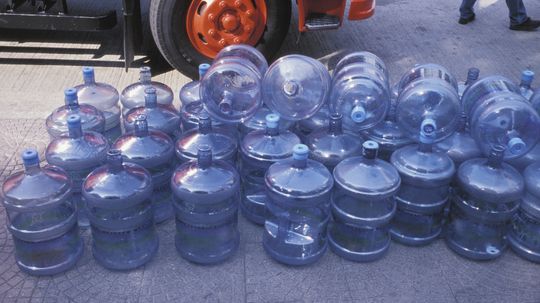Diseases and Conditions
Know how to prevent, treat and control the symptoms of various diseases and medical conditions. We explain what's happening in your body when disease strikes, and what you can do to feel better faster.

Can Pollen Allergies Make You Tired?

The Science Behind the Pollen Count

Why There Is So Much Confusion About Who Has Food Allergies
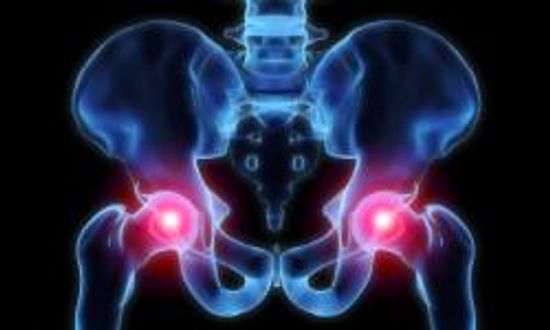
Are there stretches you can do for osteoarthritis of the hip?

How do you cope with multi-level degenerative osteoarthritis?

Do You Need to Have a Positive Attitude to Beat Cancer?

8 Thoughtful Ways to Help a Loved One Going Through Chemo

Why Is Pancreatic Cancer So Deadly?

What's the Difference Between Cardiac Arrest and a Heart Attack?
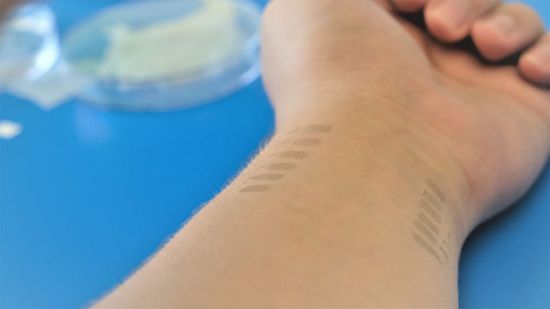
How the Graphene Blood Pressure Tattoo Will Change Monitoring

Cyanosis: Why Your Fingers Turn Blue

What's the Worst Day of Common Cold Symptoms?
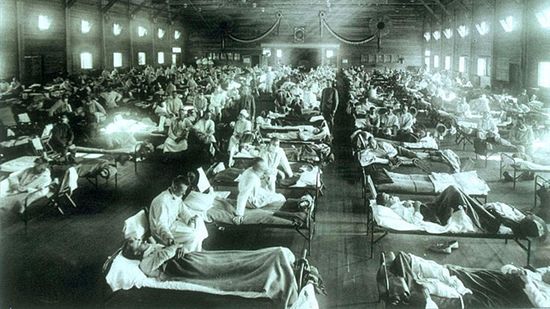
The 1918 Spanish Flu Killed Millions — and Experts Fear It Could Happen Again

Can the Change in Temperature Really Make You Sick?
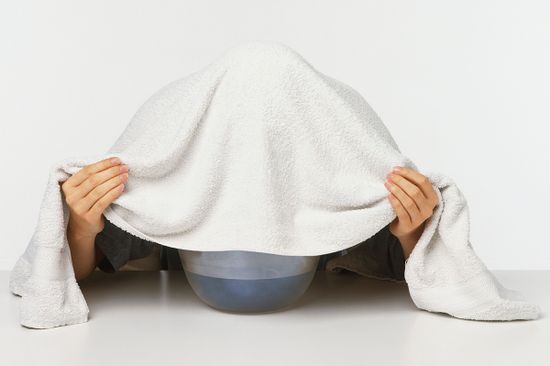
10 Tips for How to Relieve Sinus Pressure

4 Occupations Prone to Sinus Trouble
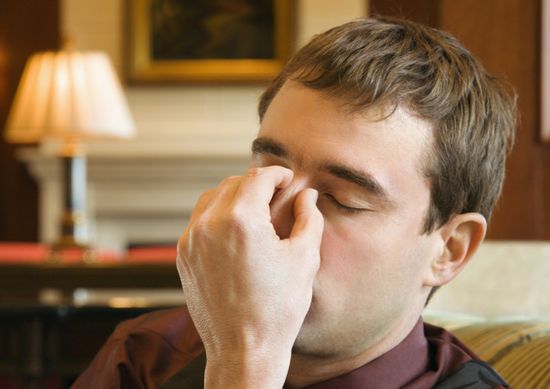
Understanding Sinus Congestion

How does your body know when to secrete insulin?

Yeast Overgrowth

How to Cure A UTI Naturally

Urinary Tract Infection Lifestyle Tips

Urinary Tract Infection Prevention

The Curse of Brewing Beer in Your Own Belly

Is the BRAT Diet Still Beneficial?

Crazy Common Things People Swallow (That They Shouldn't)

Why Your Baby Could Be Giving You Mommy Thumb
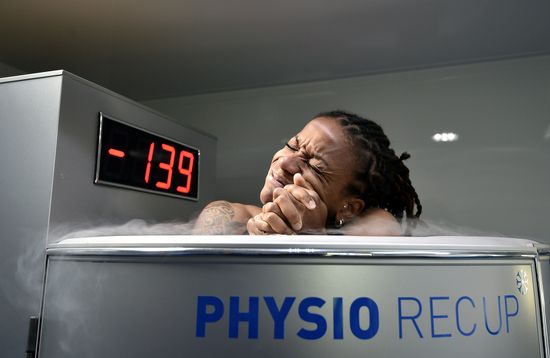
How Whole-Body Cryotherapy Works

How to Relieve Sciatic Nerve Pain

Is Polio Back? Here's What You Need to Know
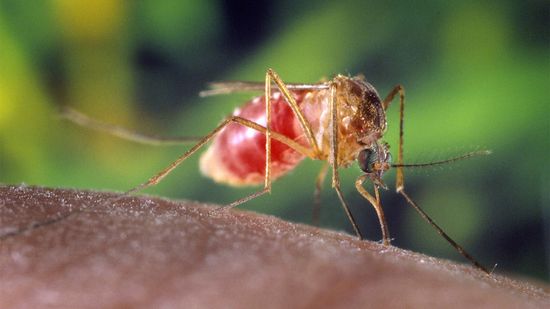
Can Viruses Make You Smell More Attractive to Mosquitoes?
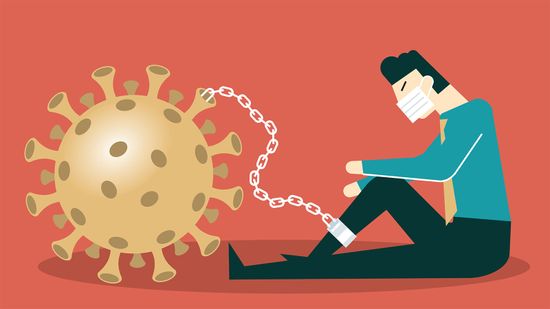
1 in 3 Who Had COVID-19 Have Long COVID Symptoms, Says Oxford Study
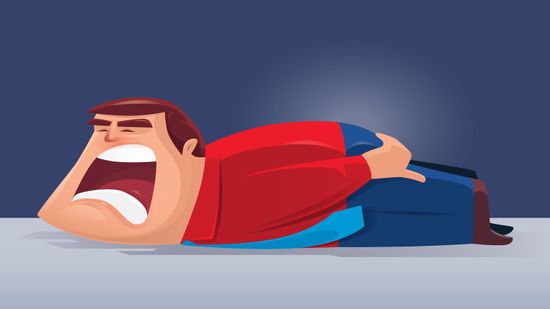
No Joke: Dead Butt Syndrome Is a Real Pain

What the Heck is Tech Neck? How Millennials Could Be the Wrinkliest Generation
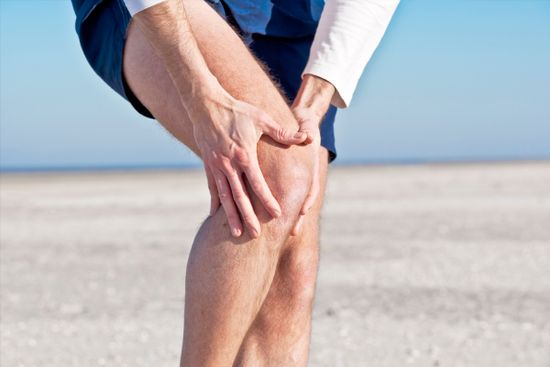
Can you really get a bone infection?
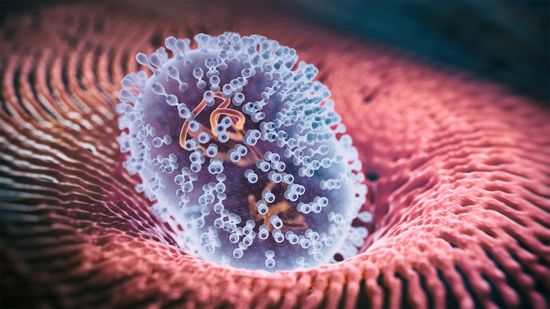
Monkeypox Is a Global Health Emergency, But Don't Panic Yet
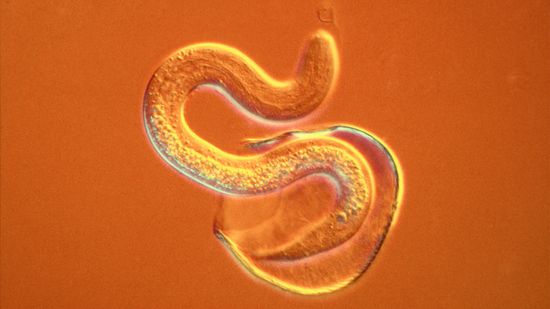
Nematodes: Do We Still Need to Worry About Roundworms and Bare Feet?

Scurvy: The Scourge of the High Seas Remains at Large Today
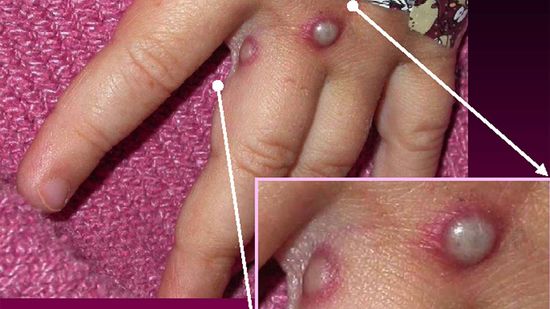
Monkeypox Confirmed in the U.S. and Europe. What You Need to Know

How to Clean and Store Your Cloth Face Mask

How Anosmia, or 'Smell Blindness,' Can Help Pinpoint COVID-19
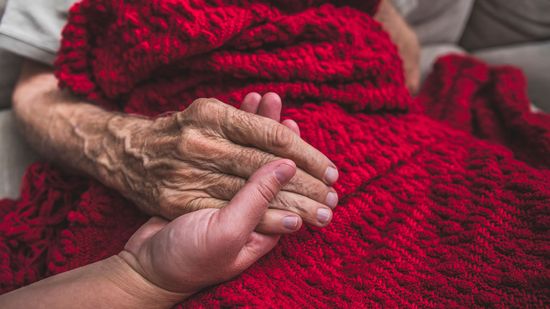
Do People Really Die of Old Age?

The Sarco Suicide Pod: Controversial or Compassionate?
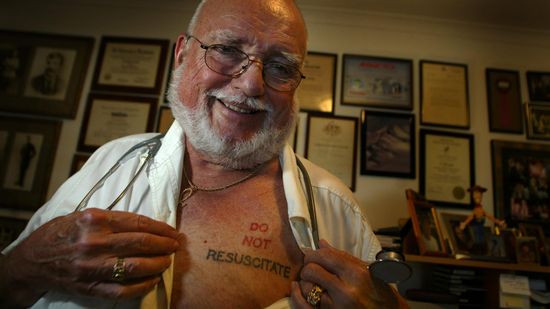
Telling Doctors Not to Resuscitate, by Tattoo
Learn More / Page 18
Diuretic drugs help remove excess fluid from the bodies of heart failure patients. But long-term use of diuretics may not be the best treatment for these patients.
People who suffer from diabetes have a greater risk of depression than people who don't have diabetes. Learn more facts about depression and diabetes, prevention, and treatment.
If you suffer from diabetes, your doctor might order an oral glucose tolerance test to measure your glucose levels. Learn more facts about diabetes, prevention, and treatment.
Advertisement
Sleep can be affected by diabetes. Learn more about sleep and diabetes in this article.
You wake up suddenly, gasping for air, coughing and wheezing. It could be paroxysmal nocturnal dyspnea. What causes it, and how can you treat it?
Jugular venous distension can be a sign of heart disease -- it happens when high blood pressure swells your jugular vein. How do doctors diagnose it, and how do they treat it?
The human body is approximately 60 percent water, which is essential to almost every life process. But sometimes a condition called fluid overload can occur, in which more fluid (primarily water) is going into your body than is coming out.
Advertisement
MRSA, also called the superbug, is a bacterium becoming resistant to antibiotics. Read about treating MRSA infections and how MRSA can be controlled.
By Josh Clark
How does it feel to die? Is there a worst way, or is it totally subjective? What factors make some ways of dying so much grislier than others?
By Josh Clark
What if your muscles, tendons and ligaments turned to bone? What if you formed a second skeleton on top of the one you already have? That's what happens with FOP.
There are times when it feels like a pretty lucky thing to be living in the 21st century -- diseases like polio and smallpox took countless lives before a cure was found. Read our list of 12 diseases that were cured in the 20th century.
Advertisement
These 15 causes of death make up about 58 percent of all deaths, according to the World Health Organization's World Health Report. Some of these statistics might just surprise you.
Some causes of death stand out for their sheer level of peculiarity. See our list of 7 strange ways to die, including being struck by a tortoise falling from the air and laughing too hard.
Feet are among the most complex and hardest-working body parts we have--no wonder they get injured every now and then. Learn how to ease, treat, or even avoid, the pain of blisters, gout, ankle sprains, fallen arches, and other ailments in your feet.
By Michael King
Swallowing sugar, pulling your tongue, biting a lemon, holding your breath -- these are all homegrown hiccup cures. What makes hiccups so hard to stop?
Advertisement
Cardiovascular disease kills more Americans than the next four causes of death combined. Coronary heart disease is the most common culprit. Find out how to avoid becoming a statistic.
By Neil Stone
Foods and supplements that can help lower cholesterol are a powerful tool in the fight against heart disease. Learn which foods, as part of a healthy diet, act as the most potent cholesterol-lowering agents.
Cholesterol produces a wealth of highly valuable substances in the body. It makes its mark in digestion, absorption of vitamins, and even reproduction. Find out why your body needs cholesterol.
By Neil Stone
The giddiness over studies showing that circumcision reduces a man's risk of contracting AIDS from an infected woman has died down a bit in the wake of subsequent research. It appears that a woman's risk of contracting AIDS from an infected man may be greater if he's circumcised.
By Julia Layton
Advertisement
Monitoring your blood sugar is a vital part of the diabetes management process, and frequent self-monitoring is the key to successful diabetes care. Learn more about blood sugar and diabetes.
A research group in Atlanta has developed an AIDS vaccine that shows 96 percent effectiveness in non-human, pre-clinical trials. It's already in Phase I human trials and could be on the market within four years.
By Julia Layton
The kidneys control water quality and levels in the body and release an array of hormones and enzymes. Find out why diabetic kidneys start to lose their ability to be effective water-treatment plants.
Diabetics are more likely to have a heart attack -- and their heart attacks are more likely to be fatal. Learn how diabetes increases your chances of developing conditions like hypertension and heart failure.
Advertisement
Texas just mandated Gardasil, the cervical cancer vaccine, for all girls entering sixth grade. But many people elsewhere are finding it difficult to get their daughters vaccinated.
By Julia Layton
Most of us think of water as the healthiest drink in the world. But in abnormal amounts, it can actually cause death. How can a liquid you need to stay alive end up killing you?
By Julia Layton
